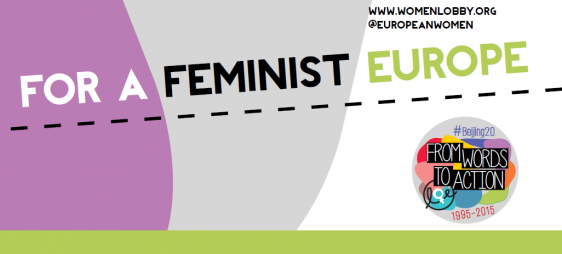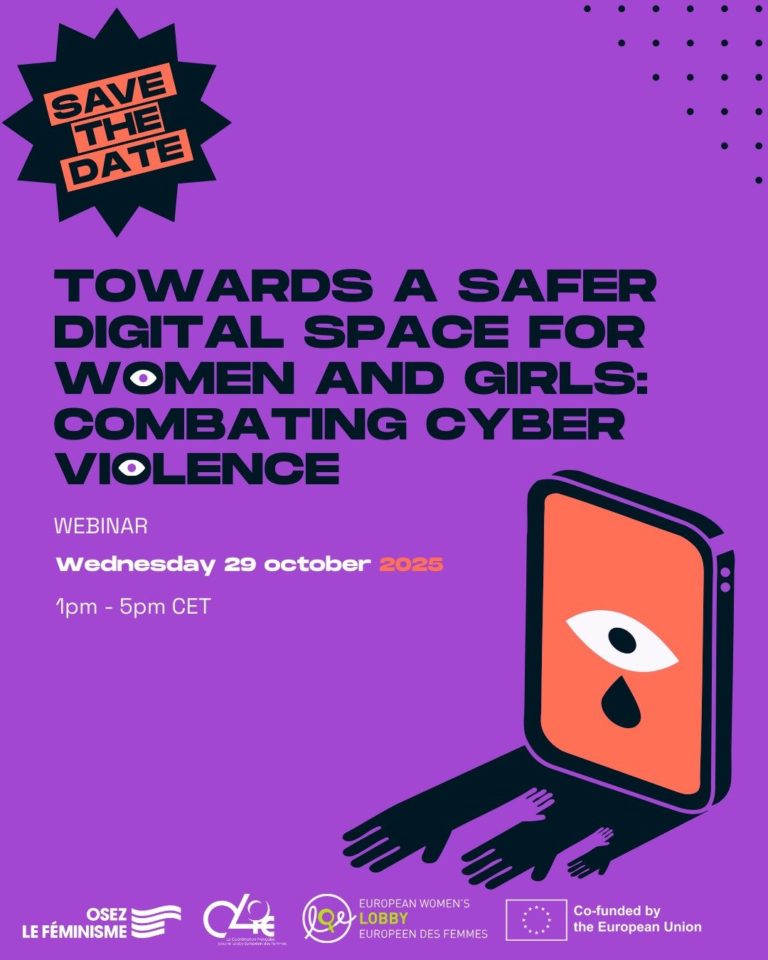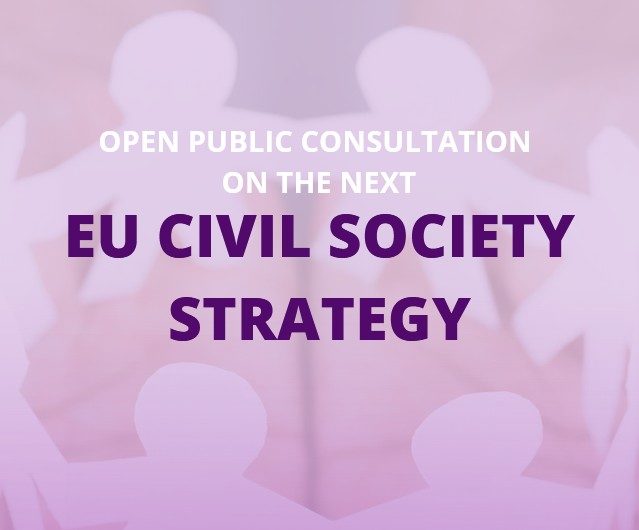[Brussels, 3 August 2015] Did you know that one in ten women have experienced some form of sexual abuse before the age of 15? that girls are more at risk of addiction to alcohol and cigarettes, and more at risk of getting eating disorders? that new technologies offer opportunities for girls to speak out?
In August, the European Women’s Lobby (EWL) focuses on The Girl Child, as part of its Beijing+20 campaign. Read and share EWL’s factsheet on the girl child, which is part of EWL report “From words to action” and comprises our key demands to the European Union and the Member States.
All our members mobilise throughout Europe to make 2015 a critical year towards the realisation of all commitments of the Beijing Platform for Action. Women and girls rights cannot wait 20 more years to enjoy their full women’s rights! At all levels, you can take action. Contact our member organisations, join us by following us on social media, disseminating our factsheets and report, coming to our events and the activities of our members if you can!
The girl child in Europe
Achieving equality between women and men begins with the girl child: it is crucial to recognise that the gender relations between girls and boys in the early stages of life are a precursor to their full enjoyment of human rights and to the realisation of gender equality in other phases of the life cycle. Children are gendered human beings: girls have specific experiences and needs, and are more likely to suffer from sexual violence, sexist stereotypes, or sex-based discrimination.
A proactive and systematic approach to gender equality in early childhood, including the integration of a gender perspective in all policies related to children, is a prerequisite to eliminating all forms of discrimination and violence against the girl child. Children’s rights are considered within different European policies and programmes – combating violence, trafficking and sexual exploitation, anti-discrimination, prevention of child abduction – but with a neutral perspective. Childhood is a particular period, where children shape their personality and which has an impact on the rest of their life. Hence, the distinct needs of girls must be addressed in EU and national policy. Girls are full of ideas and energy and should be considered a driving force for a brighter, greener and more equal Europe.
EWL demands – Her future: empowering the girl child for the future of women’s rights
- Recognise the distinctive needs of girl-children in all EU internal and external policies on children, youth and young people, and establish goals for girls in EU various actions and instruments.
- Systematically assess the impact of poverty and social exclusion on the girl child and develop specific measures to address these issues.
- Prohibit discrimination on the basis of sex in the areas of education and the media.
- Adopt and implement a strategy to end all forms of violence against women and girls, with concrete actions towards the girl children, taking into account their multiple identities, and providing quality child protection systems.
- Ensure universal access to education for girls, and the disappearance of sexist stereotypes in formal and non-formal education. Ensure that teaching overall Europe is in conformity with gender equality principles and support girls’ empowerment.
- Support, including financially, gender-sensitive comprehensive sex education for all girls and boys in Europe, including information on women’s rights, gender equality, sexual orientation and sexual rights.
- Pursue active policies to protect girls from minority groups and girls from migrant communities and allow the non-accompanied girl child to benefit from asylum.
- Support programmes that actively promote the full and effective participation of young women and girls in the design, implementation, and monitoring of European and national policies and services.
Find out more about our member organisations dedicated to the support and empowerment of the girl child in Europe: WAGGGS Europe Region, European YWCA.



